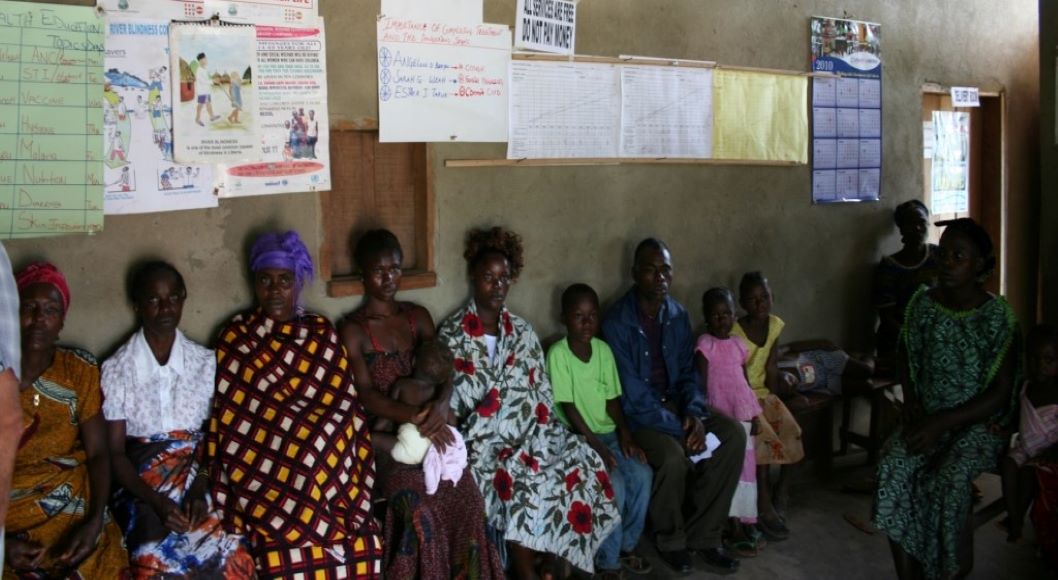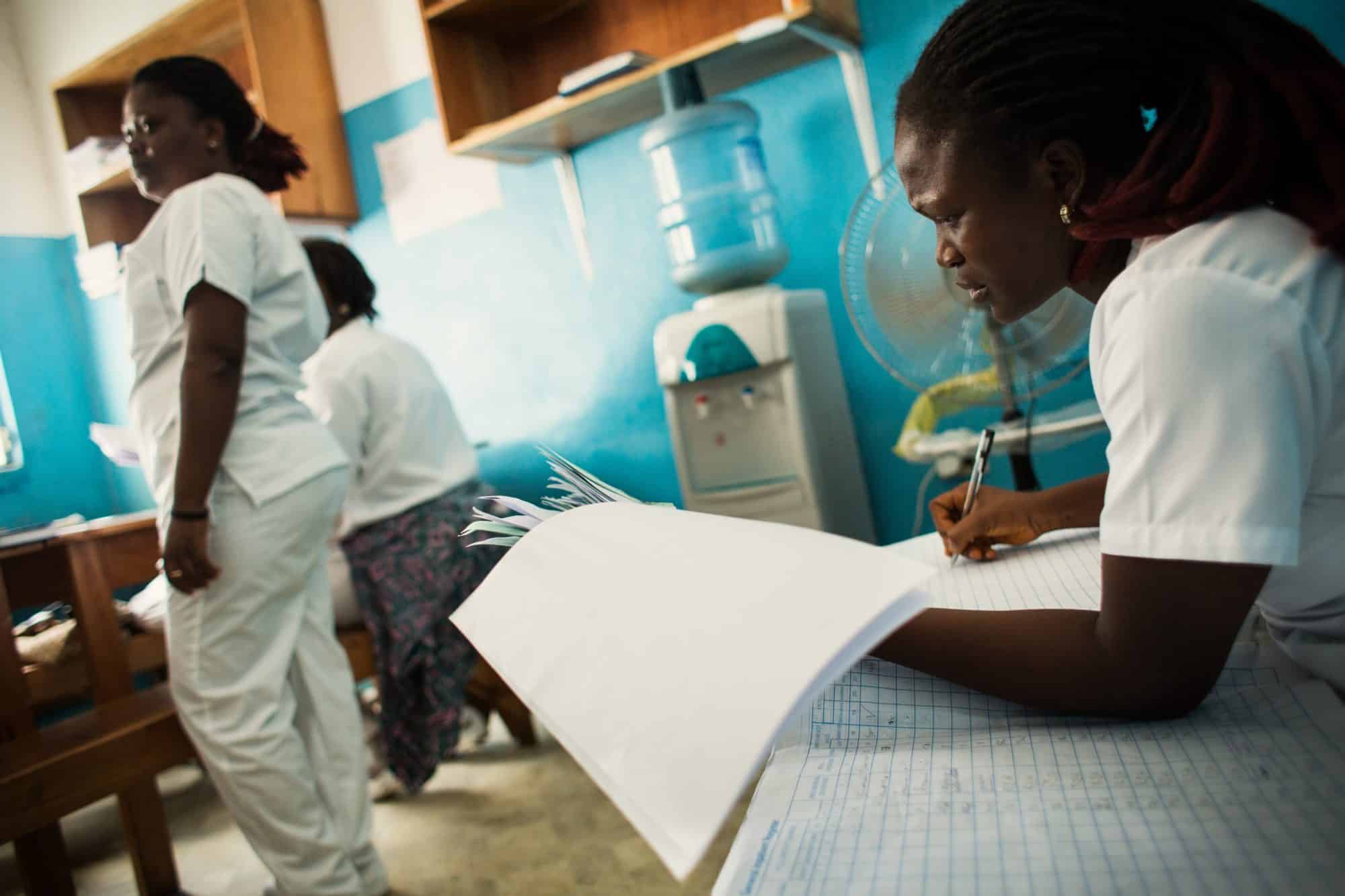Although Liberia's long civil war left its health system fragmented and heavily dependent on international donors and NGOs, in only a few short years, Liberia has taken bold steps to transition from an emergency relief model of health services to a functioning, decentralized health system.
Since 2008, JSI’s USAID-funded Rebuilding Basic Health Services (RBHS) project has worked hand-in-hand with the Liberian Ministry of Health and Social Welfare (MOHSW) to begin rebuilding Liberia’s health system after its 14-year civil war. RBHS is the U.S. government’s flagship health sector project in Liberia and JSI implements it with partners JHPIEGO, MSH, JHU/CCP, and ICD.
RBHS employed a three-pronged strategic approach: 1) Strengthening and extending health service delivery in seven counties (Bong, Lofa, Nimba, River Gee, Grand Cape Mount, Bomi, Montserrado), 2) Strengthening the health system human resources, infrastructure, policy development, and monitoring and evaluation, and 3) Preventing disease and promoting more healthful behaviors through behavior change communication and community mobilization.
In 2011, USAID refocused the scope of RBHS to shift focus from service delivery to MOHSW capacity building and health system strengthening.
Since then and prior to the Ebola outbreak in 2014, RBHS implemented a series of capacity-building activities in line with the six WHO building blocks of health system strengthening. County-level activities included:
- Designing and implementing Liberia’s first performance-based contracting (PBC) system to help build public sector systems and capacity while continuing to harness the existing service delivery capacity of NGOs that were already providing services. The approach was transitioned to the MOHSW in 2011 and RBHS focused on building ministry capacity to manage the program.
- Documented achievements and capacity changes since 2012 through a health system capacity assessment and recommended approaches to inform future capacity building activities.
- Helped update and standardize pre-service curricula, strengthen teaching quality and links between pre-service training and clinical sites.
- Supported the design and roll-out of a decentralized health management information system (HMIS), working with the MOHSW to develop implementation policies, facilitating HMIS reviews, training in data entry and management. In addition, JSI strengthened HMIS use at all levels, linking the HMIS data to health services planning and management.
- Strengthened community engagement with facilities and initiated the design, tools, and related training on a community-HMIS.
- In June 2014 conducted a PRISM assessment which showed that data quality and use has improved at the county and facility levels since 2012.
- Launched the integrated Human Resources Information System (iHRIS), a database application to manage human resource information in 2014.
- Designed and built a number of critically needed facilities to improve the health infrastructure.
- Launched the Liberian Health Equity Fund; endorsed by President Ellen Johnson-Sirleaf and Minister of Health Dr. Gwenigale.
With the Ebola outbreak in 2014, all RBHS activities have focused exclusively on epidemic mitigation; the project now plays a key role in partner coordination and communication. RBHS staff serves on the National Infection Prevention and Control Task Force and have assisted the MOHSW in developing a comprehensive infection prevention and control (IPC) training package and monitoring tools for health workers. The staff also supports the emergency response through participation in social mobilization, community health, and reproductive health committees and working groups.



